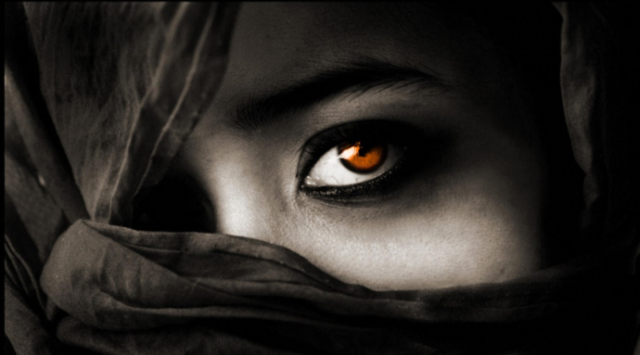Did Free Women Beat ‘World Hijab Day’ This Year?

This year’s World Hijab Day faced stiff competition from the counter movement, “Free From Hijab” and “No Hijab Day.”
World Hijab Day was started on Feb. 1, 2013 by New York resident Nazma Khan. According to Khan’s bio, she promoted a single day of focused awareness to “foster religious tolerance and understanding by inviting women (non-Hijabi Muslims/non-Muslims) to experience the hijab for one day.”
Over the years, the movement got pushback from women’s rights activists who champion the rights of women who are forced to wear the hijab against their will. Their argument is rooted in the idea that the hijab further reinforces an honor/shame dynamic that puts undue pressure and burden on them — not only to control their own representation in the world but also be “responsible” for how others will gaze at them.
In 2018, Canadian human-rights campaigner Yasmine Mohammed started #NoHijabDay joining Iranian journalist Masih Alinejad, who has been the chief campaigner for “Free From Hijab.” Alinejad is the founder of White Wednesdays and My Stealthy Freedom — both of which advocate for women’s rights in Iran and elsewhere to be free from coercion to wear the hijab.
This simple act of removing your hijab and taking a video can make you a “criminal” in Iran. #SabaKordafshari was sentenced to 24 years prison for #WalkingUnveiled and being voice of the voiceless. Now it’s our turn to be her voice.#WhiteWednesdays pic.twitter.com/FTKQLCeqBn
— Masih Alinejad 🏳️ (@AlinejadMasih) August 29, 2019
Who Won the Hijab War This Year?
The hashtag #FreeFromHijab was trending on Twitter this February 1, while #WorldHijabDay was not. It was clear who was the winner was: #FreeFromHijab. However, Twitter isn’t the only social outlet; it’s just the social outlet most activists are on.
The place most women and influencers go to is Instagram, where #WorldHijabDay outperformed #FreeFromHijab by a wide margin:
- #WorldHijabDay yielded 63,495 posts on Instagram.
- #FreeFromHijab yielded only 730 posts on Instagram.
What’s clear is that there is a world of women outside of the activists’ sphere, and they’re a low-hanging opportunity to reach out to and partner with against forced hijab. To draw in more allies against forced hijab, we will have to be more broad-thinking about how we see the issue.
Well intended as it is, #FreeFromHijab implies that all women wearing the hijab are not free. Of course, that’s simply not true.
Many women cover their hair out of a sense of modesty, while others do it in an increasingly sexualized culture to clearly communicate they’re “not available” for casual sexual encounters. Others wear hijab as a soft protest against the commodification of women’s beauty. Still others wear it as a marker of Muslim identity.
The hashtag #FreeFromHijab works well with people who are already like-minded, but it is not going to draw in a new audience let alone our hijab sisters- in-faith, if we start from the premise that hijab is de facto oppression, or if we confuse all forms of covering as the same as hijab.
To win this war, we can be passionate as human rights activists, but we also have to be accurate and inclusive.
RELATED STORIES:
Iranian Regime Cracks Down on ‘Indecently Dressed’ Mannequins in Shops
US Public School Teacher Threatens Muslim Girl for Taking Off Hijab
Why I’m Sick of Talking About Hijab
Sports Illustrated: Halima Aden Poses in Burkini


Leave a Reply
Want to join the discussion?Feel free to contribute!